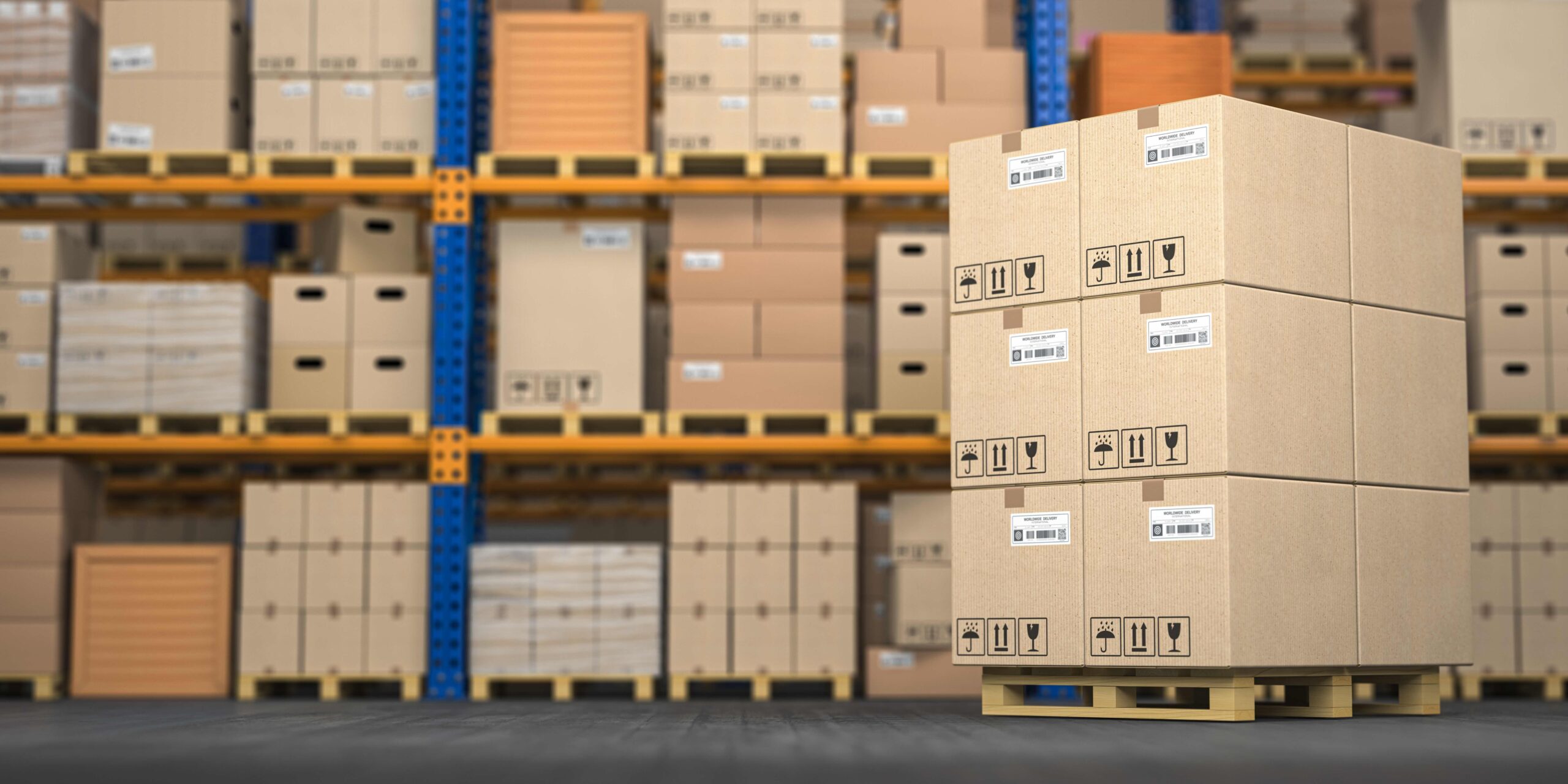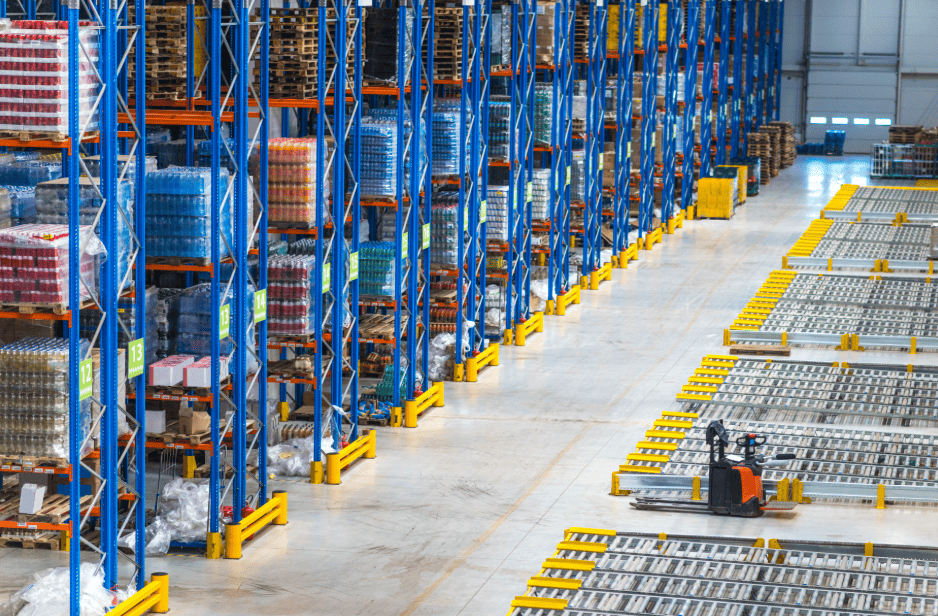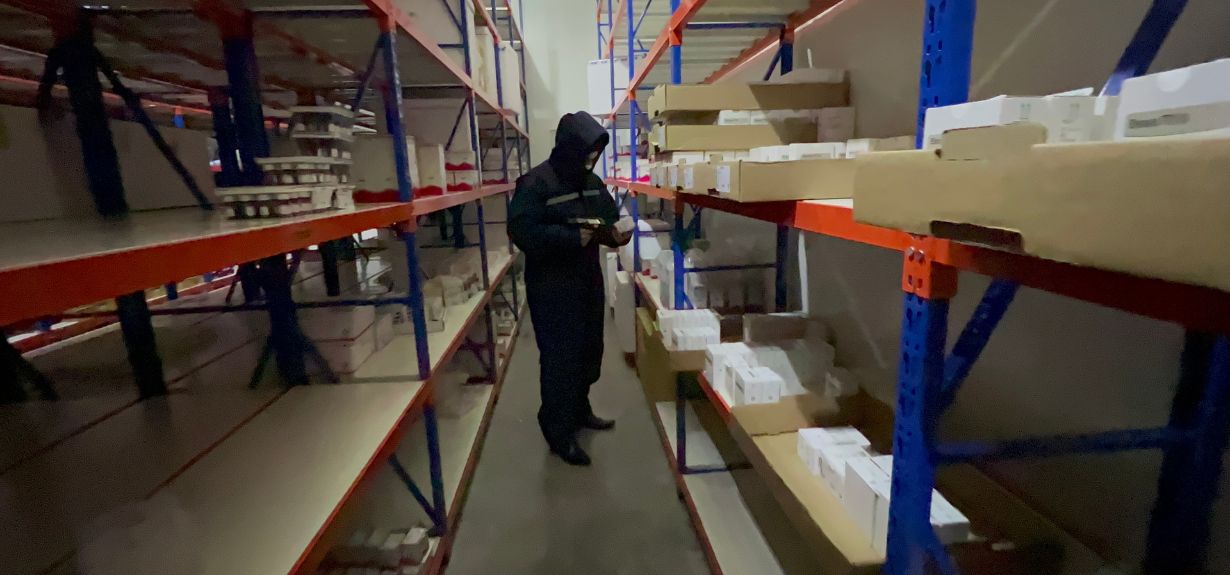Blogs
Value-Driven Healthcare Logistics – How 3PL Providers Deliver Results

Value-Driven Healthcare Logistics – How 3PL Providers Deliver Results
In the complex landscape of healthcare logistics, efficiency isn’t just desirable; it’s critical. From pharmaceuticals to medical devices, the timely delivery of healthcare goods can directly impact patient care and outcomes. As the demand for precision and speed rises, so does the reliance on third-party logistics (3PL) providers who specialize in navigating the intricacies of healthcare supply chains. In this article, we delve into the realm of value-driven healthcare logistics, exploring how 3PL providers deliver results that transcend mere efficiency.
Understanding the Dynamics of Healthcare Logistics
Healthcare logistics present unique challenges compared to other industries. The products being transported often have stringent temperature requirements, shelf-life constraints, and regulatory compliance standards. Moreover, the need for rapid delivery can be a matter of life and death, particularly in emergency situations or when dealing with perishable medications.
The Role of 3PL Providers in Healthcare
Third-party logistics providers play a pivotal role in streamlining the healthcare supply chain. By leveraging their expertise and resources, they offer tailored solutions that address the specific needs of healthcare organizations. From warehousing and inventory management to transportation and distribution, 3PL providers optimize every stage of the logistics process.
Key Strategies for Value-Driven Healthcare Logistics
Technology Integration: Modern 3PL providers harness the power of advanced technologies such as IoT (Internet of Things), RFID (Radio-Frequency Identification), and AI (Artificial Intelligence) to enhance visibility and traceability across the supply chain. Real-time monitoring ensures that healthcare products remain within the specified conditions throughout transit, reducing the risk of spoilage or damage.
Compliance and Regulatory Expertise: Navigating the complex landscape of healthcare regulations is a daunting task. 3PL providers with specialized knowledge in healthcare compliance ensure that all shipments adhere to regulatory standards, mitigating the risk of costly penalties and product recalls.
Customized Solutions: Every healthcare organization has unique logistical requirements. Value-driven 3PL providers work closely with their clients to develop customized solutions that align with their specific needs and objectives. Whether it’s implementing temperature-controlled packaging for sensitive medications or optimizing delivery routes to minimize transit times, personalized strategies drive operational efficiency and cost savings.
Risk Management: In the healthcare sector, the stakes are high, and the margin for error is slim. 3PL providers employ robust risk management protocols to identify potential vulnerabilities and proactively address them before they escalate into critical issues. By anticipating challenges and implementing contingency plans, they ensure uninterrupted supply chain operations even in the face of unforeseen disruptions.
The Impact of Value-Driven Healthcare Logistics
By embracing value-driven approaches to healthcare logistics, 3PL providers deliver tangible benefits that extend beyond mere cost savings. Enhanced efficiency translates to improved patient care, as healthcare products reach their destinations reliably and expediently. Moreover, by minimizing waste and optimizing resource utilization, value-driven logistics contribute to sustainability efforts, aligning with the broader goals of environmental responsibility.
Conclusion
In an era where precision and reliability are paramount in healthcare logistics, 3PL providers emerge as indispensable partners in the quest for excellence. By adopting value-driven strategies that prioritize efficiency, compliance, and innovation, they not only meet the logistical needs of healthcare organizations but also elevate the standard of patient care. In the dynamic landscape of healthcare logistics, the journey towards optimal efficiency begins with a commitment to delivering results that truly matter.





